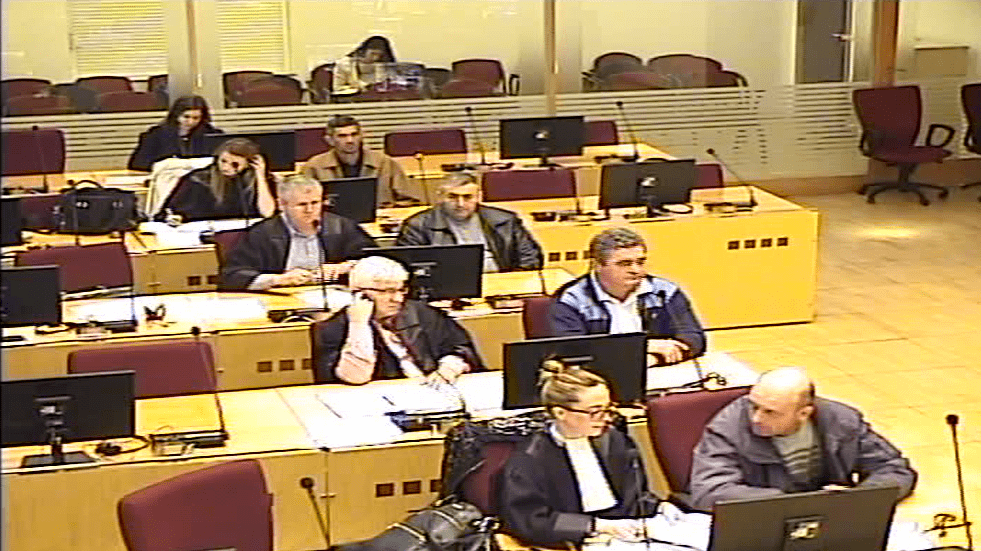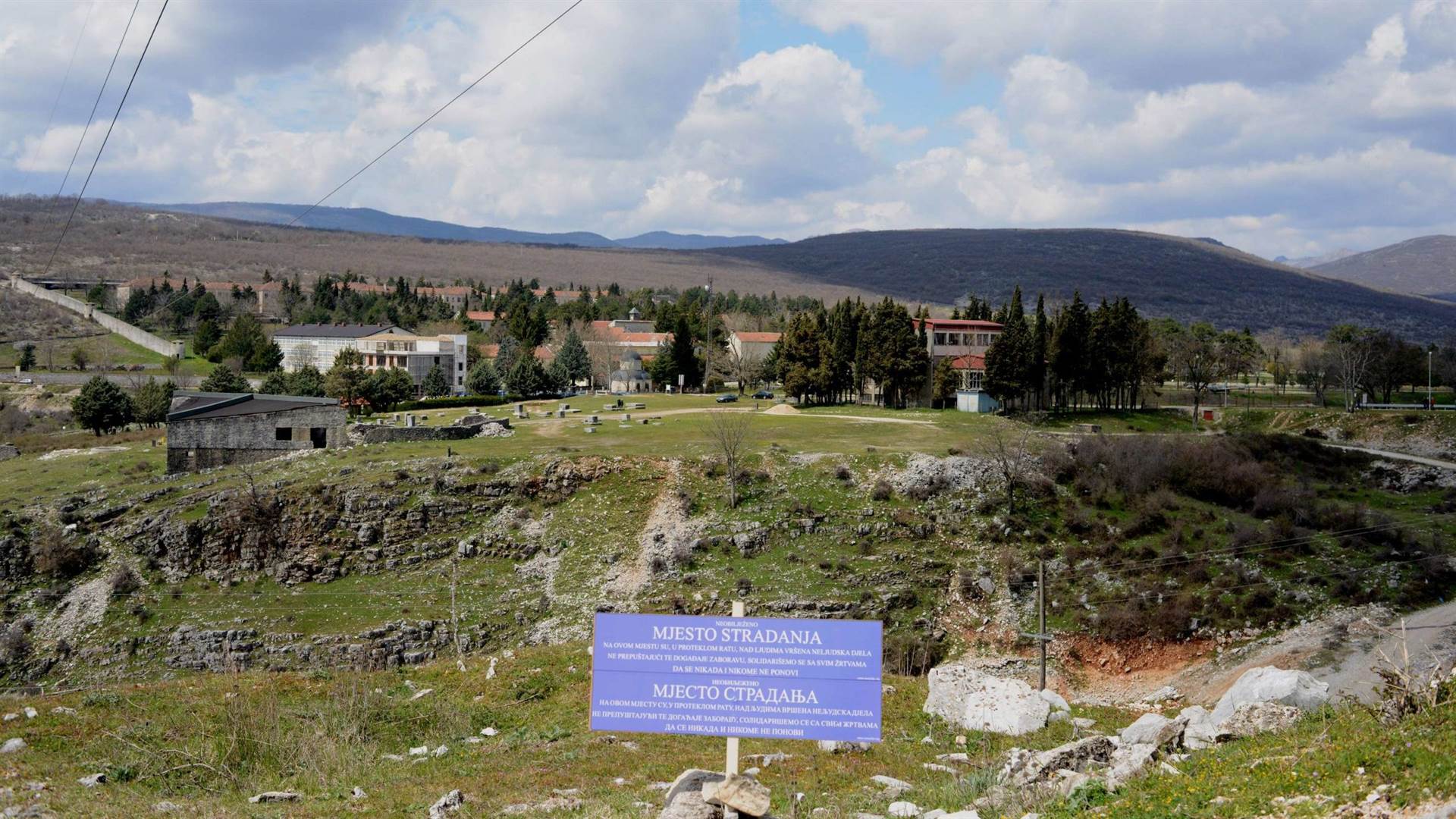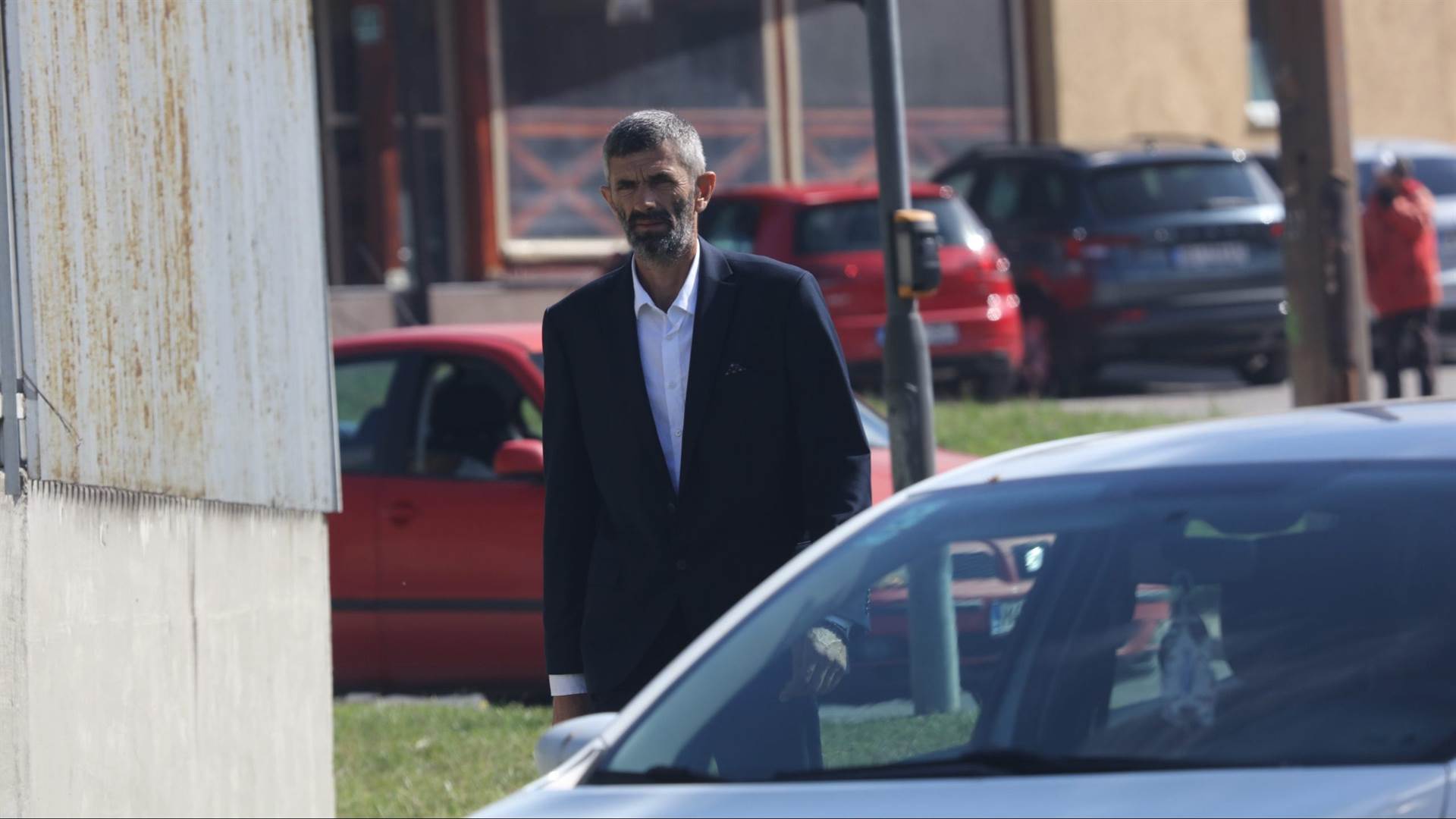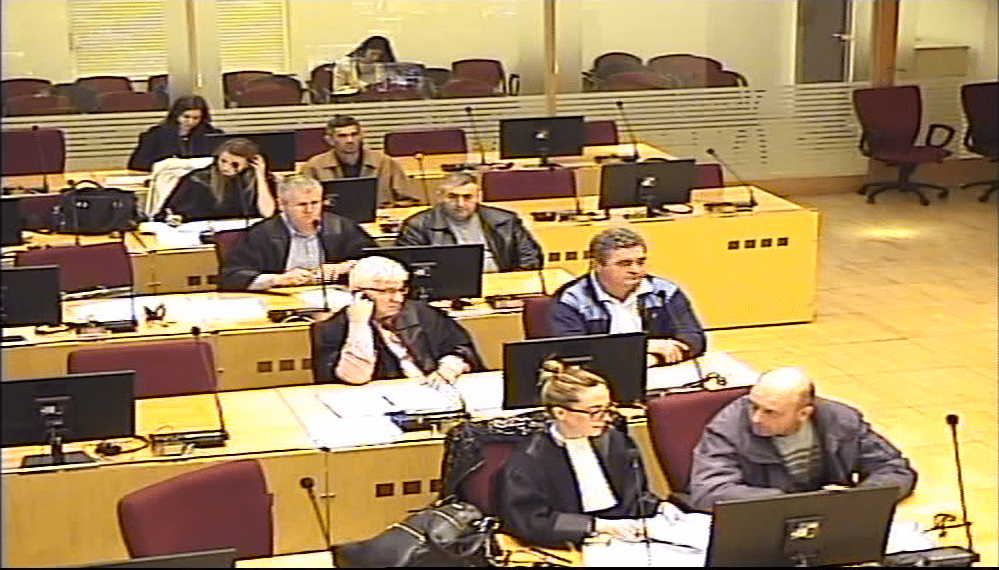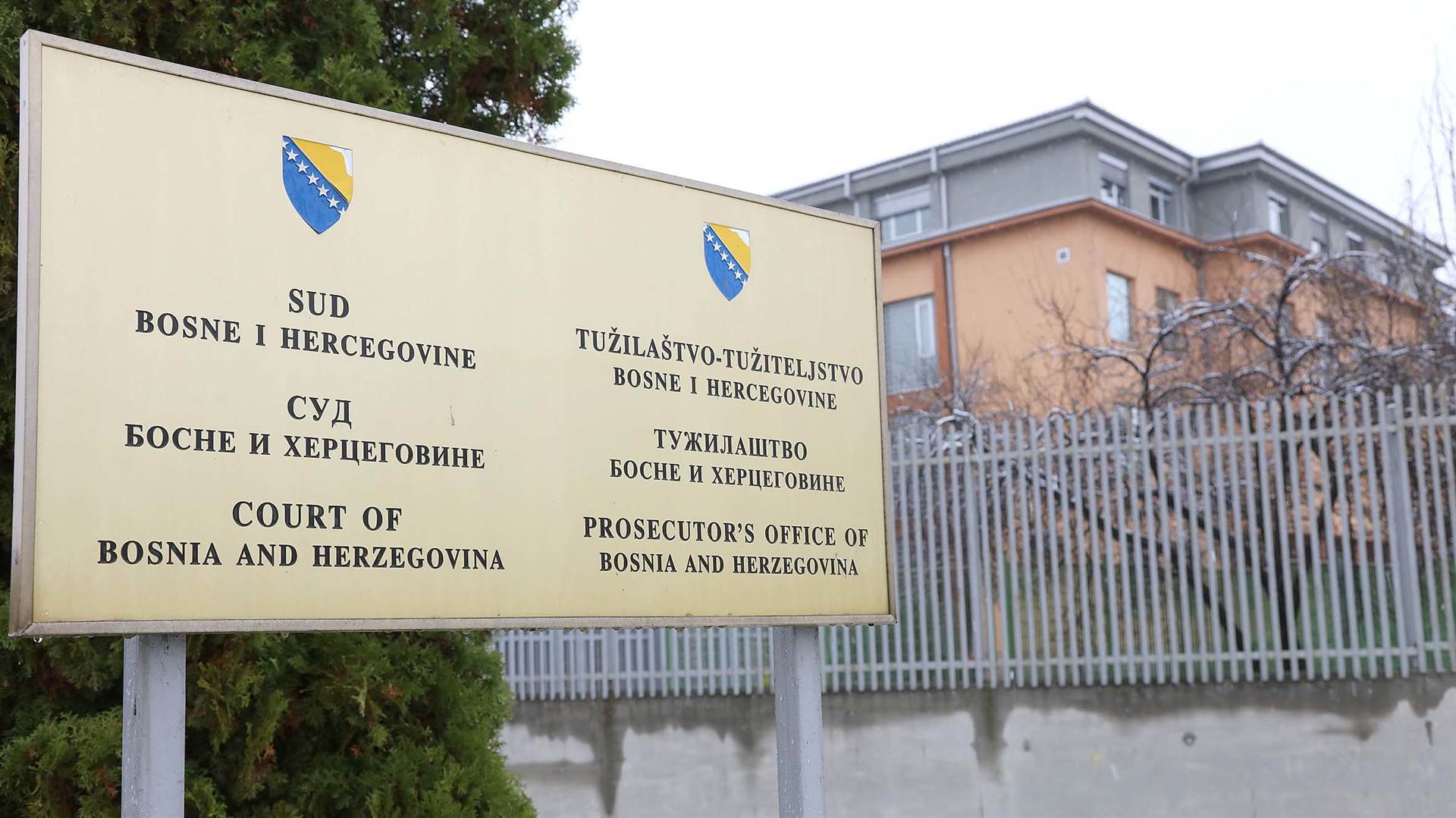The system of detention camps set up by Bosnian Serb forces during the war in 1992 was intended to torment and humiliate entire communities, genocide scholar Hikmet Karcic argues in...
Boris Bosnjak, Miodrag Grubacic and Ilija Djajic, who were convicted of mistreating and abusing Bosniak and Croat civilian detainees held at a military barracks in Bileca in 1992, had their...
Peace activists from the Centre for Nonviolent Action put up temporary signs at eight unmarked locations in Bosnia and Herzegovina where people were detained, abused and killed during the 1992-95...
The Bosnian court sentenced Boris Bosnjak, Miodrag Grubacic and Ilija Djajic to a total of 21 years in prison for the inhumane treatment of Bosniak and Croat civilian detainees held...
Lawyers for former camp guards accused of committing crimes against humanity against Bosniak and Croat detainees at a former military barracks in Bileca in 1992 urged the Bosnian state court...
The Bosnian prosecution said that four defendants accused of committing crimes against humanity against Bosniak and Croat detainees at a former military barracks in Bileca in 1992 should be convicted.
Three Bosnian Serb ex-policemen were sentenced to a total of 23 years in prison for crimes against humanity in Bileca, while an ex-soldier was jailed for 14 years for the...
A prosecution witness at the trial of Brcko’s wartime presidency chief Djordje Ristanic said prisoners were beaten and killed while he was detained in April 1992, and that he saw...
A former detainee told the trial of four Bosnian Serbs accused of beating prisoners in Bileca in 1992 that he was hit almost every day during his time in custody.
In this month’s edition you can watch footage on Sarajevo artists’ ability and inventiveness to help their fellow citizens live during the longest siege in modern history.

